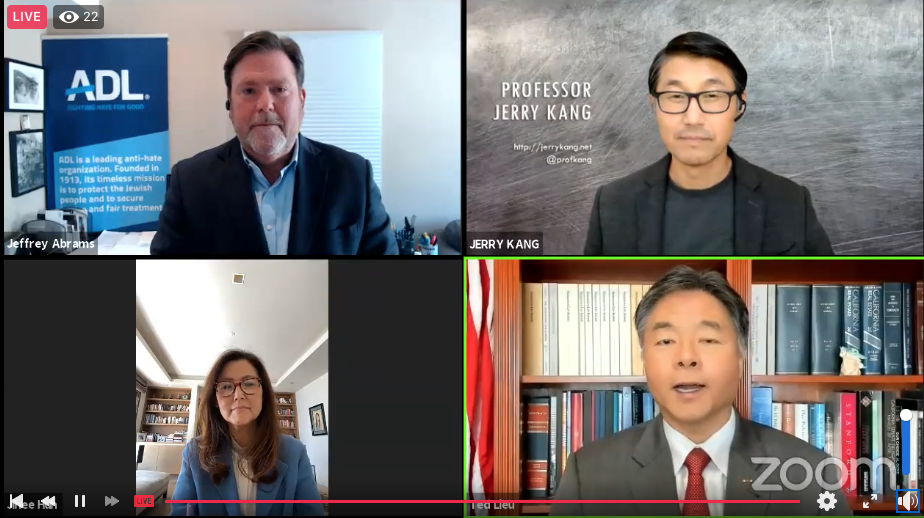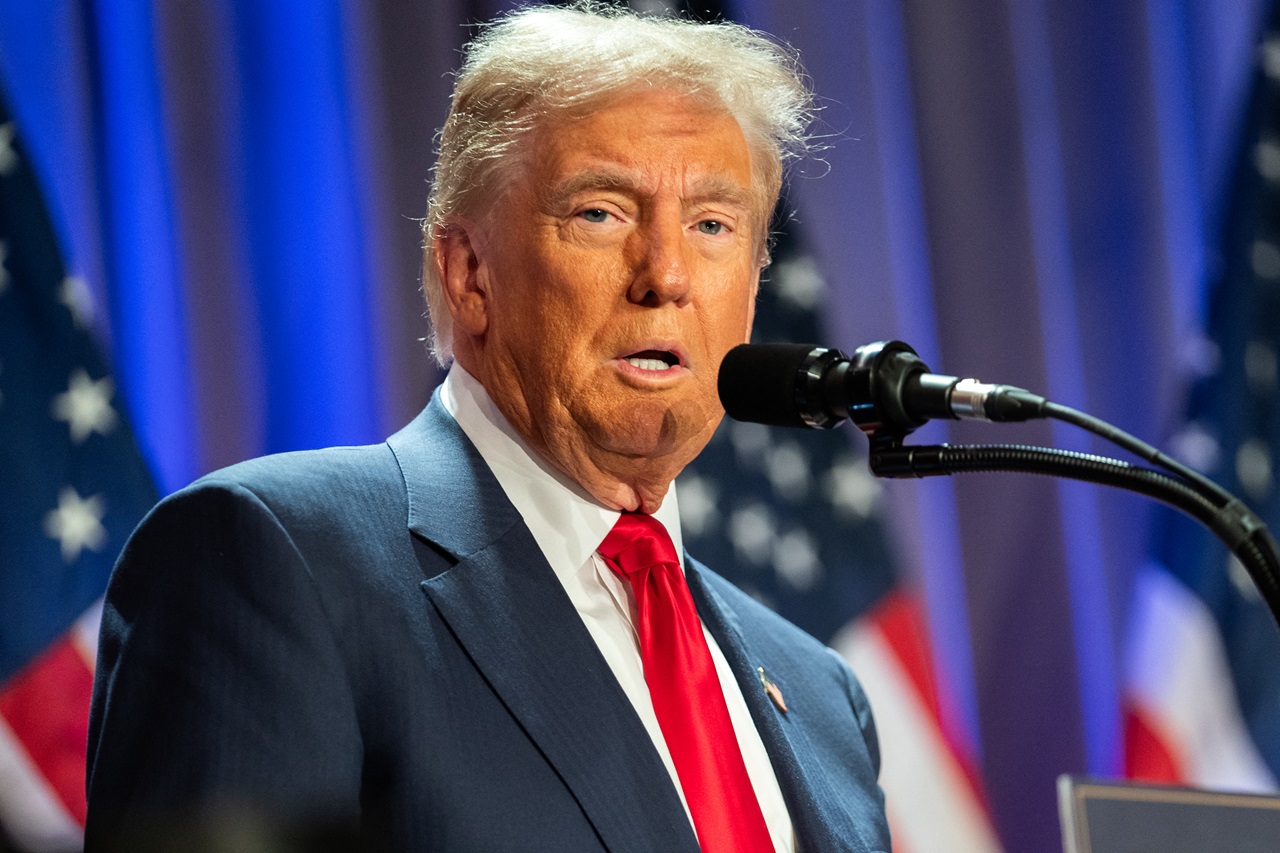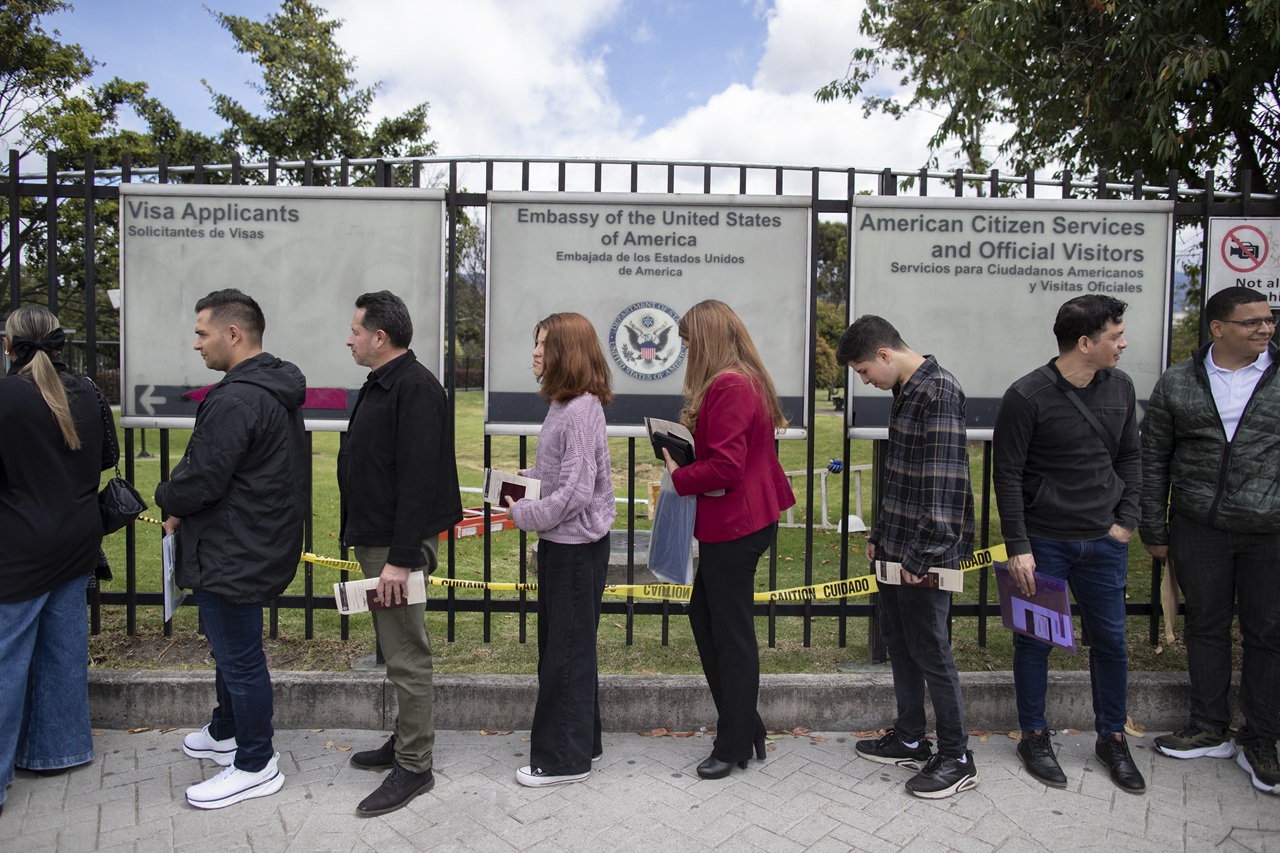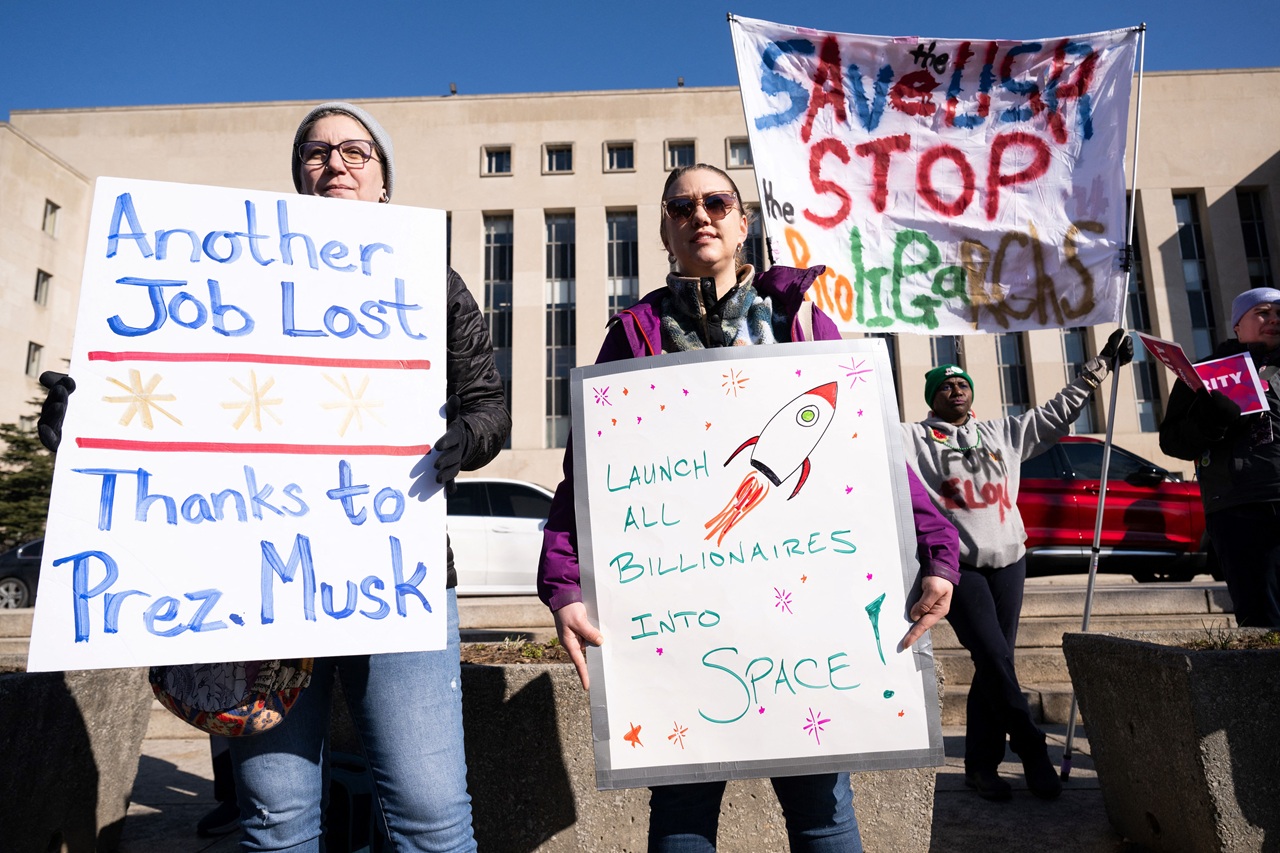
Rep. Ted Lieu breaks down the history and future of the fight against AAPI hate
The California rep held a Facebook live event on March 26 featuring some of the country’s foremost experts on Asian-American history.
On Friday, March 26, Congressman Ted Lieu facilitated a conversation on anti-Asian racism and the importance of solidarity among marginalized groups via a Facebook livestream.
On the panel, viewers heard from UCLA Professor Jerry Kang, Asian Pacific Islander Public Affairs Commissioner for California Jihee Huh, and Director of LA’s Anti-Defamation League Regional Office, Jeffrey Abrams.
In his opening remarks, Lieu briefly mentioned the alarming amount of recent anti-Asian hate crimes documented by the advocacy group, Stop AAPI Hate, and laid out a basic timeline of anti-Asian sentiments that have existed on U.S. soil for hundreds of years.
“We also know that this is not new to the Asian-American community. Whenever America fears some sort of external threat, oftentimes our country unfortunately scapegoats minority communities,” he explained.
He went on to lay out some of the ways the Asian-American community has been subject to such scapegoating.
“So we’ve had the whole ‘yellow peril’ hysteria earlier in our country’s history, followed by the Chinese Exclusion Act and then we had the internment of over 120,000 Americans of Japanese descent, and then in the 1980’s, when America feared the rise of Japan, you had additional hate crimes including the murder of Vincent Chin in Detroit,” Lieu said.
Dear @GOP legislators: Americans of Asian descent are being harmed by your rhetoric in using race to describe the virus. I assume you don’t intend to harm the Asian American community, but the fact is that it’s happening. Please stop adding fuel to the fire of hatred. Please. https://t.co/2Mcp6nCu23
— Ted Lieu (@tedlieu) March 26, 2021
Moving to the present, the Congressman spoke about the pandemic and how the threat of disease led to increased xenophobia and scapegoating of Chinese Americans, and ultimately, all Asian-Americans that have always been viewed as “other.”
As a politician and Asian-American himself, Lieu announced that he is the co-author of numerous pieces of legislation aimed at fighting back against this rise in hate crimes.
“One would create a national hate crime commission, another would create a position within the Department of Justice to address hate crimes and devote more resources to our law enforcement and prosecutors,” he said.
Kang was the first panelist to speak. Born in Seoul, South Korea, he is a professor of law and Asian-American studies at UCLA.
The professor is a leading scholar on implicit bias and critical race studies, and a co-author of Race, Rights and Reparation: The Law and the Japanese American Internment.
Kang made a point to go back to the basics of the issues at hand, and break down how hate crimes “work,” and why they continue to occur, even in 2021.
His main points were of racial blame and dehumanization, implicit biases, the significance behind “harmless” jokes, and how our social circles and the media we consume impacts how we humanize (or dehumanize) those around us.
“There has to be blame, like ‘you’re the problem,’ and then there has to be dehumanization — ‘you’re not fully human, so I can batter you, push you, shove you to the ground, shoot you,’” Kang said.
He then quoted the American psychologist Gordon Allport, who wrote The Nature of Prejudice.
“Violence is always an outgrowth of milder states of mind,” Allport wrote.
Kang used the quote to emphasize that the subtle things matter when it comes to how we think about fellow human beings.
Was a privilege to be on this panel moderated by @RepTedLieu. As Gordon Allport wrote in 1954, "Violence is always an outgrowth of milder states of mind." #StopAsianHate So let's keep curating complexity, not caricature! https://t.co/TEKclwU5SY
— Jerry Kang (@profkang) March 26, 2021
Jokes that use Asian Americans as punchlines are not harmless, phrases like “all Asians look alike,” or “all Asians are good at math,” are not harmless stereotypes.
They serve to reinforce the model minority myth, a myth that downplays the racism and discrimination faced by Asian-Americans through minimizing their struggles.
Up next was Huh, the Asian Pacific Islander Public Affairs Commissioner for California. In 2018, Huh joined the Executive Committee for Human Rights Watch of Los Angeles, and is an active participant of the national organization, The Council of Korean Americans.
Huh explained that she became very involved in advocacy in the Asian-American community as a result of the 1992 LA riots. During the time, she was a mother of two and just getting her life started, and was devastated by the amount of hatred that her country had towards Korean-Americans.
“But it wasn’t really Korean-Americans, right? It was really a systemic problem that America has had for a long time and it keeps rising up at different points, and at different times in our history we see people getting scapegoated,” she said.
Huh emphasized that our country has a lot of problems with trust, especially within multicultural communities and during this time where social media is at a “pinnacle of misinformation.”
She suggested that everyone should “self-reflect” on who and what America is, and why it’s still having these issues in the 21st century. She spoke about the false sense of fear that many have that leads them to blame marginalized groups for society’s problems.
“We’ve targeted Jewish-Americans, Muslim-Americans, we’ve targeted women for a long time, we’ve targeted African-Americans, Hispanic-Americans, but none of these things are going to give us the answers,” she said.
RELATED CONTENT
Huh believes that if we can start thinking in terms of “building trust amongst each other” and making sure that the media is providing us with good quality information, that things will naturally improve.
The last panelist to speak was Jeffrey Abrams, director of LA’s ADL Regional Office.
Abrams has been an attorney and mediator for more than 25 years. Through his leadership work with Bet Tzedek Legal Services and the Jewish Federation of Greater Los Angeles, he formed strong relationships within Jewish, civic and philanthropic communities.
Abrams talked much about the importance of solidarity between marginalized groups, specifically among Jewish and Asian-Americans.
“You along with Grace Ming, your colleague...it’s extraordinary. Look at that: take pause for a moment, those who are listening, two Asian-Americans who are chairing the House task force on anti-Semitism,” he said.
“It’s such a beautiful reflection really of what ADL has been about since we were founded in 1913. From the very start, it was to one: secure and stop the defamation, rather, of the Jewish people, and at the same time, secure justice and fair treatment for all,” Abrams added.
Martin Luther King Jr. quoted Emma Lazarus when he said, “No one is free until we are all free.” Our Asian brothers and sisters need to feel solidarity with all victims of hate. Whether this most recent case was a hate-free one or not, hate crimes are way too high! pic.twitter.com/eZHymLFSVi
— T.D. Jakes (@BishopJakes) March 18, 2021
He said that the Jewish community recognized from the very beginning that their safety was very much connected and reliant upon the safety of Asian-Americans, as well as all other marginalized groups in the U.S.
Abrams told viewers of ADL’s recent release of their 3rd annual online hate and harassment survey, which showed that 41% of people are subject to hateful messages in online spheres.
In the Jewish community, there was an uptick from 33% to 36%, but the Asian community had the most dramatic increase in targeted online hate and harassment — from 11% to 17% in one year.
Abrams went over some of the efforts he’s involved in with ADL in weeding out extremism through partnering with the military, law enforcement as well as Congress.
He then encouraged all viewers to support House Bill 151.
*ACTION ALERT* Tell your Reps: Stand with our AAPI Siblingshttps://t.co/csFqYGr58k
— Zioness (@ZionessMovement) March 25, 2021
We must work to protect the AAPI community. We ask that you take two minutes to contact your representatives to urge them to vote in favor of House Resolution 153 and House Resolution 151. pic.twitter.com/PNyQ6rwUTa
The bill, introduced by Rep. Grace Meng and co-sponsored by Lieu, aims to condemn all forms of anti-Asian sentiment as related to COVID-19.
It calls on federal law enforcement officials to work with state and local agencies, to take steps that would assist documentation of incident reports, prevent discrimination through working with community based organizations, and more.
Abrams said that the trust that has been established between the Jewish and Asian-American communities over the years is really paying off now as they have the ultimate opportunity to stand together.
Rep. Lieu’s town hall on Friday was in conjunction with the #StopAsianHate Virtual Day of Action and Healing, an initiative started by Rep. Grace Meng and Assemblymember Evan Low, as a way for community members to, corporations and organizations to speak up and condemn the rise of anti-Asian hate crimes and discrimination on social media.
Lieu encouraged all viewers to use their voice on social media using the hashtag #StopAsianHate and to continue the conversation in all areas of their lives.











LEAVE A COMMENT: